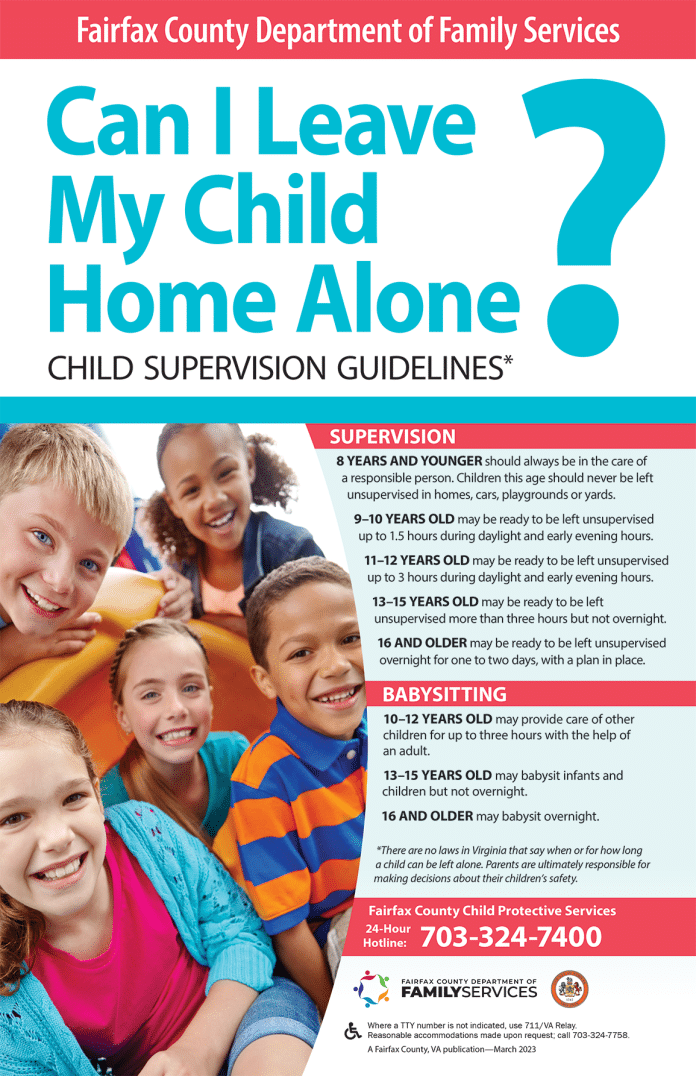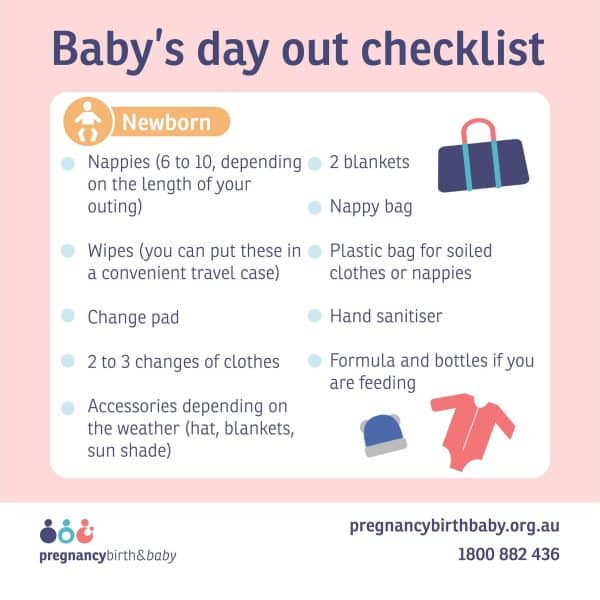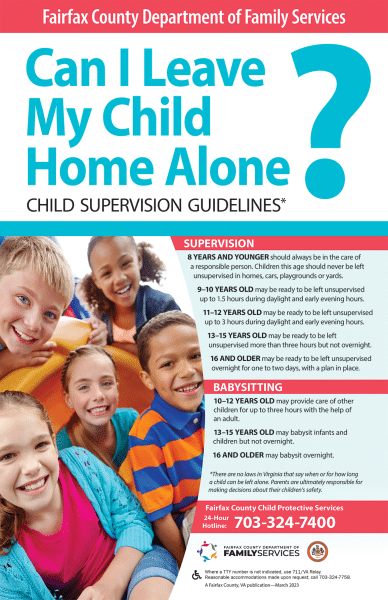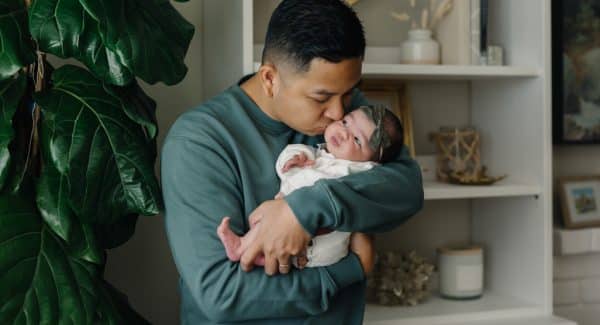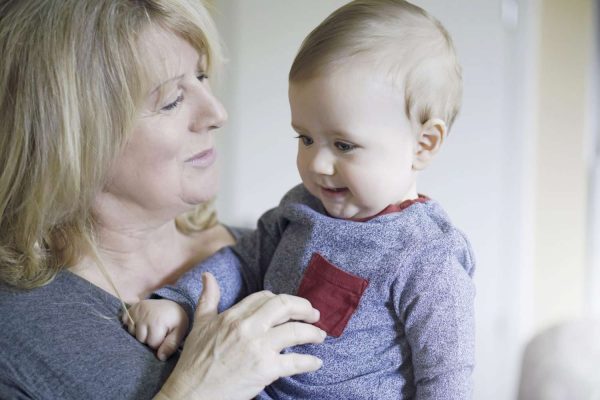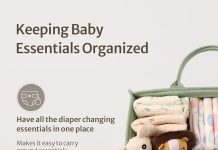Being a new parent can be overwhelming, and there are countless questions that swirl through our minds as we navigate this uncharted territory. One burning inquiry that often plagues us is, “When can I leave my baby for a few hours?” Our hearts ache for some alone time, but we want to ensure that our little one is safe and secure. In this article, we will explore the factors to consider and guidelines to follow in determining the right time to step away, giving you peace of mind and some well-deserved moments of respite.
Review contents
When Can I Leave My Baby For A Few Hours?
Understanding the Developmental Milestones
As parents, we naturally want to ensure the well-being and safety of our babies. Leaving our baby for a few hours can be a big step and it’s important to consider their developmental milestones before doing so. Developmental milestones vary from child to child, but typically, by the time your baby is a few months old, they will start to engage more with their surroundings and develop a sense of familiarity and attachment to their primary caregiver. When they reach this stage, it may be an indication that they are ready for short periods of separation.
Considering Physical Health and Well-being
Before leaving your baby for any period of time, it is crucial to consider their physical health and well-being. Ensure that your baby is in good health, without any ongoing medical concerns or issues that require constant monitoring. It’s important to be aware of any allergies, respiratory conditions, or other health-related factors that may impact your baby’s comfort and safety during your absence. Additionally, make sure your baby is well-fed, properly hydrated, and has clean diapers before leaving them in someone else’s care.
This image is property of media.healthdirect.org.au.
Assessing Emotional Readiness
Emotional readiness is an essential factor to consider when determining if your baby is ready to be left for a few hours. Pay attention to your baby’s reactions when you’re not within their immediate presence. If your baby shows signs of distress, such as crying inconsolably or becoming extremely anxious, it may be an indication that they are not emotionally ready for separation. On the other hand, if your baby seems content and easily comforted by other caregivers, they may be more ready to spend some time away from you.
Looking at Maternal Mental Health
A mother’s mental health is another crucial aspect to consider when deciding if it’s the right time to leave your baby for a few hours. It’s important for mothers to prioritize their own well-being and take care of their mental health. If you, as the primary caregiver, are feeling overwhelmed, stressed, or emotionally drained, it may not be the best time to leave your baby. Ensure that you are in a healthy state of mind and have some time for self-care before considering separation.
This image is property of www.fairfaxcounty.gov.
Examining Support Systems
Having a strong support system is vital when it comes to leaving your baby for a few hours. Assess your existing support system, including family members, friends, or trusted caregivers who can step in and provide the necessary care and attention to your baby in your absence. Ensure that these individuals understand your baby’s routine, preferences, and any specific needs they may have. Having a trustworthy support system can provide you with peace of mind and reassurance when leaving your baby.
Exploring Feeding and Sleep Patterns
Understanding your baby’s feeding and sleep patterns is essential before leaving them for a few hours. If your baby is exclusively breastfeeding and has not yet taken to bottles or solid foods, it may be more challenging to leave them for extended periods, as they rely on frequent feedings. Consider the timing of your departure in relation to your baby’s feeding schedule to ensure they are well fed before you leave. Similarly, if your baby has consistent sleep patterns, plan your departure during their naptime or when they are likely to be more settled and less likely to become overtired or fussy.
This image is property of i0.wp.com.
Taking Precautions for Safety
When leaving your baby in someone else’s care, safety should be a top priority. Ensure that the caregiver is fully aware of safety precautions and has a safe environment for your baby to be in. Discuss any allergies, potential hazards, or emergency contact numbers to establish clear communication and guidelines. It’s important to trust the caregiver’s ability to maintain a safe and secure environment while you’re away.
Preparing for Separation Anxiety
Separation anxiety is a normal part of a baby’s development and is typically at its peak between 8 and 14 months of age. This is an important factor to consider when determining if you can leave your baby for a few hours. Gradually introduce short periods of separation to help your baby get accustomed to being cared for by other trusted individuals. Start with leaving your baby for just a few minutes and gradually increase the time apart. This approach can help ease separation anxiety for both you and your baby.
This image is property of www.babycentre.co.uk.
Choosing the Right Caregiver
Selecting the right caregiver is crucial when you decide to leave your baby for a few hours. Look for someone who is experienced in caring for infants and has a nurturing and caring approach. It’s important for you to feel comfortable and trust the caregiver’s abilities and judgment. Consider factors such as their qualifications, references, and reputation within your community. Take the time to interview potential caregivers and discuss expectations and routines to ensure they are the right fit for your baby.
Gradually Increasing Time Apart
Once you have considered all the factors mentioned above, it’s important to remember that leaving your baby for a few hours is a gradual process. Begin by leaving your baby for short intervals and gradually increase the time as both you and your baby become more comfortable. This step-by-step approach allows your baby to adjust to longer periods of separation and gives you the opportunity to gauge their reactions and emotions. By gradually increasing the time apart, you can ensure a smoother transition for both you and your baby.
Leaving your baby for a few hours can bring about mixed emotions for parents. It is essential to consider your baby’s developmental milestones, physical health, emotional readiness, maternal mental health, and support systems. Understanding your baby’s feeding and sleep patterns, taking precautions for safety, and preparing for separation anxiety are important steps as well. Lastly, choosing the right caregiver and gradually increasing time apart will help make the transition smoother for both you and your baby. Remember, every baby is unique, so trust your instincts as a parent and ensure that you feel confident in your decision to leave your baby for a few hours.
This image is property of www.parents.com.

